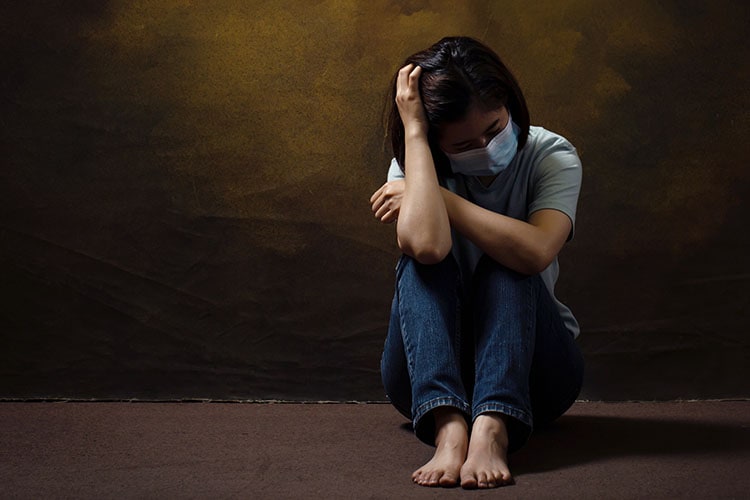
What is Long Covid?
According to the World Health Organization (WHO) Long COVID, also known as Post COVID-19, is characterized by symptoms that last longer than 2 months following a SARS CoV-2 viral infection. While individuals that experience severe illness due to the virus are at a higher risk for Long Covid, individuals that report minimal to no symptoms while infected can also experience lingering effects.
What are symptoms of Long Covid?
Symptoms can change over time and commonly include fatigue, shortness of breath, brain fog, joint and muscle pain, difficulty sleeping, memory issues, depression, and anxiety.
How is Long Covid affecting your daily life?
Some individuals may experience disruptions in their daily routines due to the impact of persistent symptoms. Life after COVID-19 may feel and look a lot different than before, and you may find it challenging to go to school or work, care for yourself and family, cook meals, exercise, or socialize.
Services Turning Point Rehab offers
Mobile Outpatient Occupational Therapy (OT): OTs work with clients experiencing changes in their ability to engage in meaningful occupations due to Long Covid by applying evidenced-based services to help manage symptoms, improve quality of life and enhance daily functioning. If you are experiencing changes such as difficulty concentrating at work or completing household tasks, poor sleep, fatigue, or are feeling overwhelmed and anxious, OTs can help. Your OT will visit you in person or virtually to complete an initial assessment to determine what recommendations can be made to assist you in returning to what you need and enjoy doing. A few examples of what your OT can assist you with include:
Recommendations
Fatigue: Consider incorporating frequent rest breaks into your day. For example, at work or school try wearing a black out eye mask or noise cancelling headphones to take a sensory offloading break. You can also use a trolley to transport groceries and laundry to help conserve energy.
Sleep: Try turning off electronic devices such as television, tablet and video games 30-45 minutes before you go to bed as these are very stimulating and may contribute to poor sleep.
Brain Fog: If you are experiencing changes with memory or difficulty concentrating, bringing a notebook to medical appointments can help you keep organized and provide peace of mind that information will not be forgotten.
Anxiety: If you are feeling overwhelmed, consider trying mindfulness meditation or progressive muscle relaxation.
Resources
Self-Management after COVID-19 Related Illness Leaflet: WHO
Post- COVID-19 Care & Recovery Online: British Columbia Provincial Health Service Authority
Breathing Exercises Online: Hopkins Medicine
Mindfulness and Anxiety Management App: Mindshift CBT- Anxiety Canada Association.